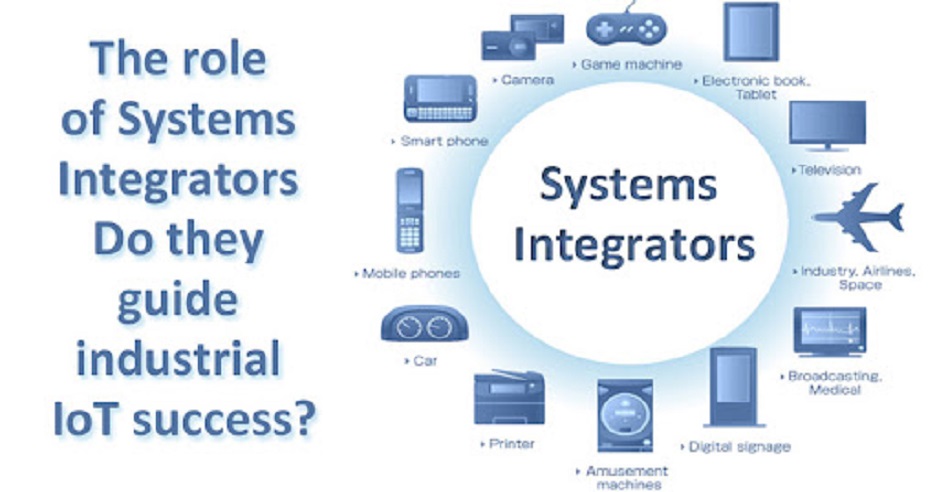


Systems Integration and Managed Service are two key aspects of IT and business operations that focus on streamlining and optimizing technology infrastructure and services.
Key Aspects of Systems Integration:
Data Integration: Ensuring data from different systems can be shared and used across the organization, enabling better data-driven decision-making.
Application Integration: Integrating various software applications to streamline business processes and workflows, avoiding duplication of effort.
API Integration: Utilizing Application Programming Interfaces (APIs) to enable communication and data exchange between different systems.
Enterprise Service Bus (ESB): Implementing an ESB to facilitate communication between different applications in a service-oriented architecture.
Middleware: Using middleware solutions to enable interoperability between different systems.
Legacy System Integration: Integrating older or legacy systems with newer technologies and applications.
Key Aspects of Managed Service:
IT Infrastructure Management: Managed service providers (MSPs) may oversee and maintain the organization's servers, network devices, and other IT infrastructure.
Cloud Management: MSPs can manage cloud services, including infrastructure, software, and security, ensuring smooth operation and cost optimization.
Security Management: Managed security services can include threat monitoring, vulnerability assessments, and incident response to enhance cybersecurity.
Data Backup and Disaster Recovery: MSPs can provide data backup solutions and disaster recovery services to protect against data loss.
Help Desk and Technical Support: Managed service providers offer help desk support and technical assistance to end-users and employees.
Monitoring and Reporting: Continuous monitoring of systems and services, with regular reporting on performance and health.
By implementing effective Systems Integration and opting for Managed Services, organizations can achieve improved operational efficiency, reduced downtime, enhanced security, and access to specialized expertise without the burden of managing every aspect of their IT infrastructure in-house. These approaches are particularly beneficial for businesses looking to optimize their technology resources and focus on their core competencies.
© Copyright 2024 All Rights Reserved